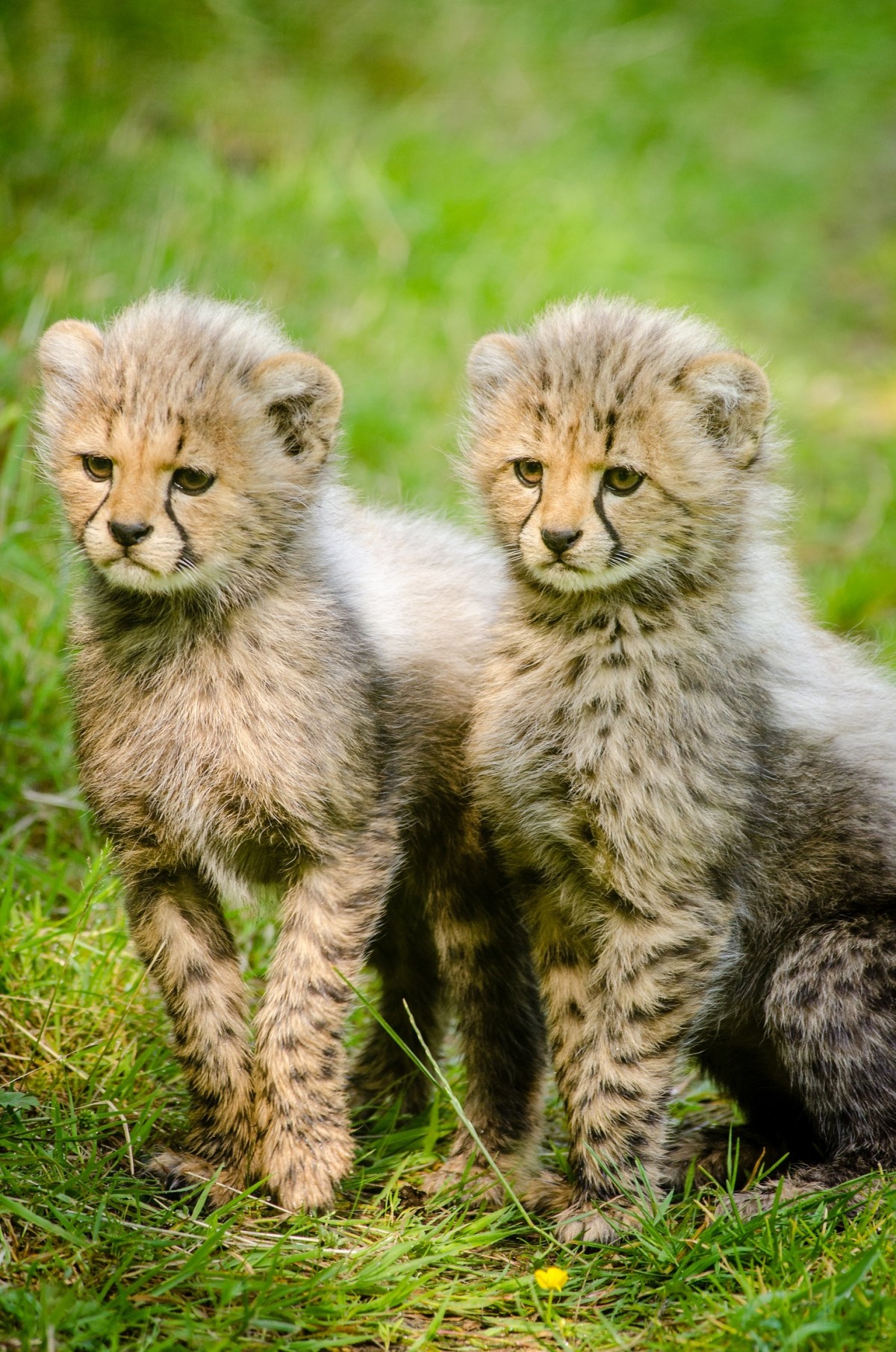Bahá’í teachings encompass a comprehensive understanding of the interconnectedness of all living beings. The profound assertion that “The Animals Within Us” represents a reflection of the inherent qualities found in the animal kingdom serves as a compelling lens through which we may examine our own nature, motivations, and spiritual aspirations. This perspective posits that certain animalistic traits, both positive and negative, reside within the human psyche and that our conscious recognition of these traits can lead to profound personal growth and development.
Throughout the exploration of this concept, we shall delve into various thematic insights provided by Bahá’í scripture and the wisdom of its teachings. By doing so, we can apprehend the significance of animal qualities, understand their manifestations in our lives, and discern the paths of spiritual evolution that pave the way towards greater humanity.
Understanding Animal Qualities
According to Bahá’í cosmology, every creature embodies specific virtues and characteristics. These animal qualities can be characterized as manifestations of instinctual behavior, capable of influencing our thoughts and actions. For instance, the animal kingdom is filled with instincts that compel certain behaviors—aggression and competition in predators, loyalty and companionship in pack animals, and nurturing tendencies in parental figures. Within us, these instincts often find resonance, shaping our emotional landscape.
Importantly, the Bahá’í perspective encourages individuals to transcend these base instincts, utilizing them as a foundation upon which to build character and virtue. Embracing qualities akin to those of the lion, such as courage, or the elephant, embodying wisdom, encourages a higher standard of conduct. By reflecting on these characteristics, individuals can catalyze a transformative journey towards spiritual maturity.
The Mirror of Emotions
Human emotions are intricately tied to the instinctual qualities witnessed in the animal realm. Fear, jealousy, and aggression might echo the more primal aspects of our animal counterparts, while love, empathy, and cooperation exemplify the loftier ambitions of humanity. The Bahá’í framework urges adherents to engage in self-reflection, scrutinizing these qualities and determining which to cultivate and which to overcome.
This mirroring effect generates a cyclic process of growth; recognizing these animalistic emotions allows us to understand their origins and give rise to more evolved reactions. For example, the lion’s protectiveness towards its pride can inspire individuals to foster a sense of community. Likewise, the cooperative nature of wolves may encourage a spirit of collaboration and teamwork. Such insights into our emotional composition can promote empathy and understanding, fostering deeper connections with others.
Transformation: From Instinct to Insight
Recognizing that animalistic tendencies exist within each of us is only the initial step in a profound metamorphosis. The Bahá’í teachings emphasize the importance of spiritual transformation—transcending mere instinctual reactions and elevating them into enlightened actions driven by conscious will and intention. This transformative journey begins with self-awareness and the conscientious endeavor to align one’s actions with the principles of justice, compassion, and service.
By understanding these animal qualities as reflections of our deeper selves, we are empowered to harness them positively. Evolving from primal responses towards calculated, altruistic actions is a hallmark of spiritual refinement. This transition, however, is neither swift nor uncomplicated. Key to this evolution is the conscious effort to engage with one’s inherent qualities and actively work towards refining them through education and spiritual practices.
Empathy Towards All Beings
The recognition of our shared qualities with animals fosters a sense of empathy and interconnectedness not just within the human family, but also towards all sentient beings. Bahá’í teachings advocate for a profound respect for nature and all forms of life. Understanding that the same forces that drive us as humans also influence the animal world leads to a deeper reverence for life itself.
Such empathy may encourage humanity to advocate for the welfare of animals, to protect habitats, and to ensure that justice applies not only to human relations but extends to the broader biosphere. This holistic approach signifies a commitment to stewardship, wherein individuals recognize their role as custodians of the earth and all its inhabitants.
Conclusion: The Path of the Noble Character
In conclusion, the Bahá’í teachings illuminate the intricate relationship between humanity and the animal kingdom, illustrated vividly by the adage that “Our Eyes Mirror the Animals.” Each quality found in the animal realm serves as both a reflection and a catalyst for personal and collective growth. Through self-awareness, empathy, and a commitment to spiritual transformation, individuals can aspire to transcend their instinctual nature, cultivate noble character, and enkindle a spirit of unity and peace throughout the world.
This explanatory journey into the connection between the animal within and humanity at large challenges individuals to elevate their inherent characteristics. By engaging with these teachings, one may find the impetus to not only embrace their inner qualities but to contribute meaningfully to a world that thrives on compassion, understanding, and harmony.
